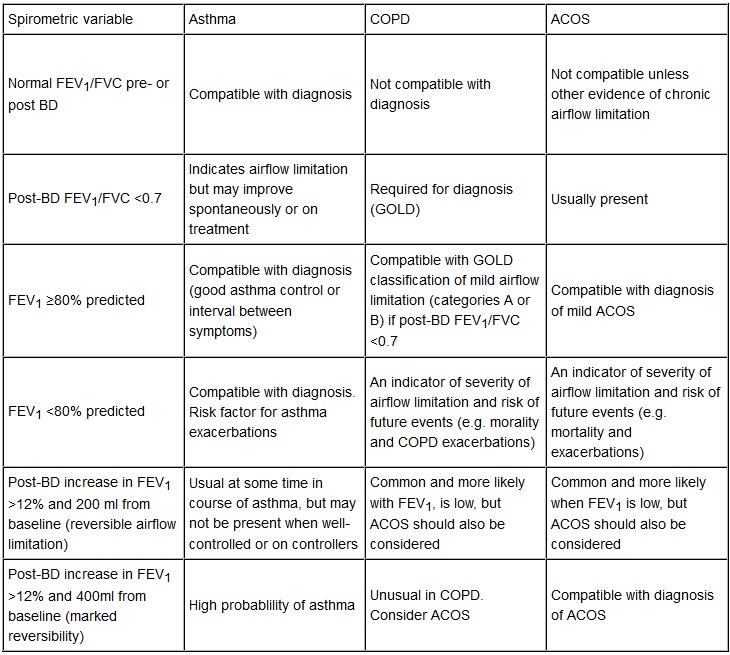
The Pulmonary function test (PFT) evaluates the functioning of the lungs.The results of these tests tell your physician how much air your lungs can hold, how quickly you can move air into and out of your lungs, and how well your lungs are able to use oxygen and get rid of carbon dioxide. The tests help your physician determine if you have a lung disease, help provide a measure of how significant your lung disease is, and can show how well the treatment for your lung disease is working.
Pulmonary function testing is usually done by a certified Pulmonologist. For most pulmonary function tests, you will be asked to wear a nose clip to make sure that no air passes through your nose during the test. You will be asked to breathe into a mouthpiece that is connected to a machine called a spirometer. The doctor may encourage you to breathe deeply during parts of the test to get the best results. Following all of the doctor's instructions will help provide the most accurate results.
Pulmonary function tests are performed on:
If already diagnosed with asthma or COPD spirometry, it can determine if the current treatment is effective.
You will be asked to blow (both out and in) through a mouthpiece that is tightly fitted to your mouth. The results will be recorded in the system.
Indications
Spirometry measures the function of the lungs using the most frequent measurements, which include:
If you need spirometry testing only, it should take only 30 minutes. If you need a complete PFT, it takes about one hour.
Spirometric measures in asthma, COPD and ACOS
